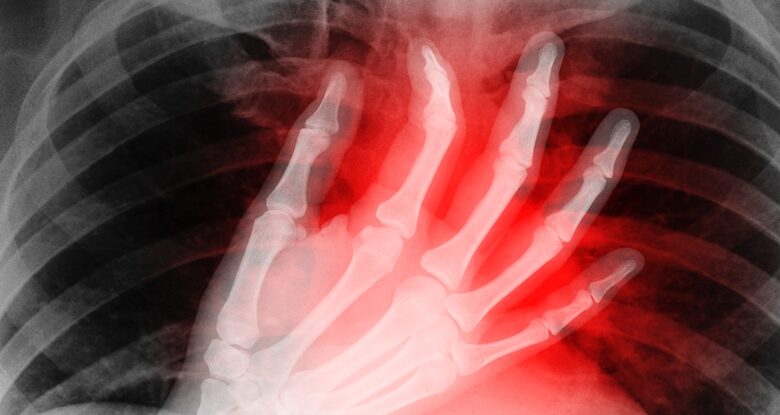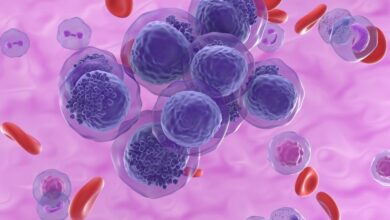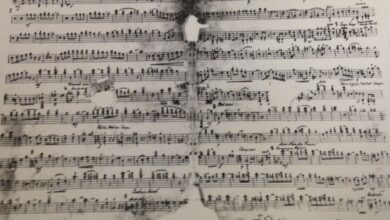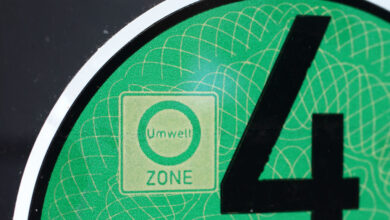
Image Credit: Peter Dazeley/Getty Images
Health Aotearoa New ZealandChanging Cardiac Arrest Response to Save More Lives
New Zealand has become the second country in the world to adopt a groundbreaking resuscitation procedure, effectively changing initial emergency response strategies to increase the chances of survival among people experiencing cardiac arrest.
According to a recent randomized trial in Canada (the first country to adopt DSED), double sequential external defibrillation could double the chances of survival for the 20% of patients whose cardiac arrest is due to “ventricular fibrillation” or “pulseless ventricular tachycardia” and therefore, don’t response to standard shocks.
The powerful electric shock by defibrillation typically ends abnormal electrical activity. In some cases, the underlying dysfunctional heart rhythm and the positioning of the defibrillation pads fail the resuscitation method. A second option – DSED – provides rapid sequential shocks to the heart using two defibrillators (with two pads each). The first two pads are placed on the front and side of the chest, and two others on the front and the back. Based on data from the New Zealand Ambulance Association spanning from 2020 to 2023, a group of some 1,390 people – whose survival rate is 14% – could benefit from DSED, leading the National Ambulance Sector Clinical Working Group to update the clinical procedures and guidelines: after two failed standard defibrillations, the DSED method must be applied.



